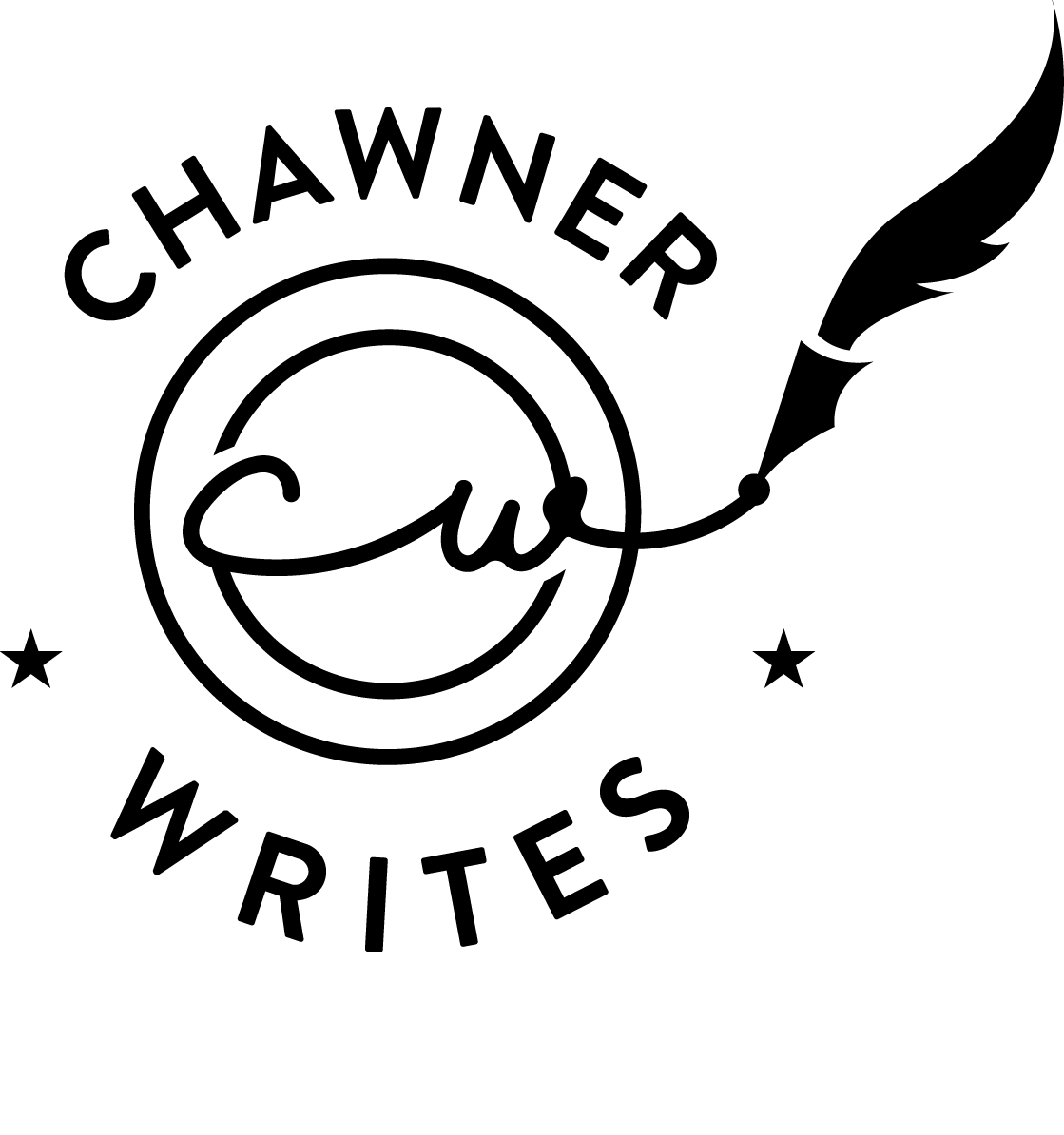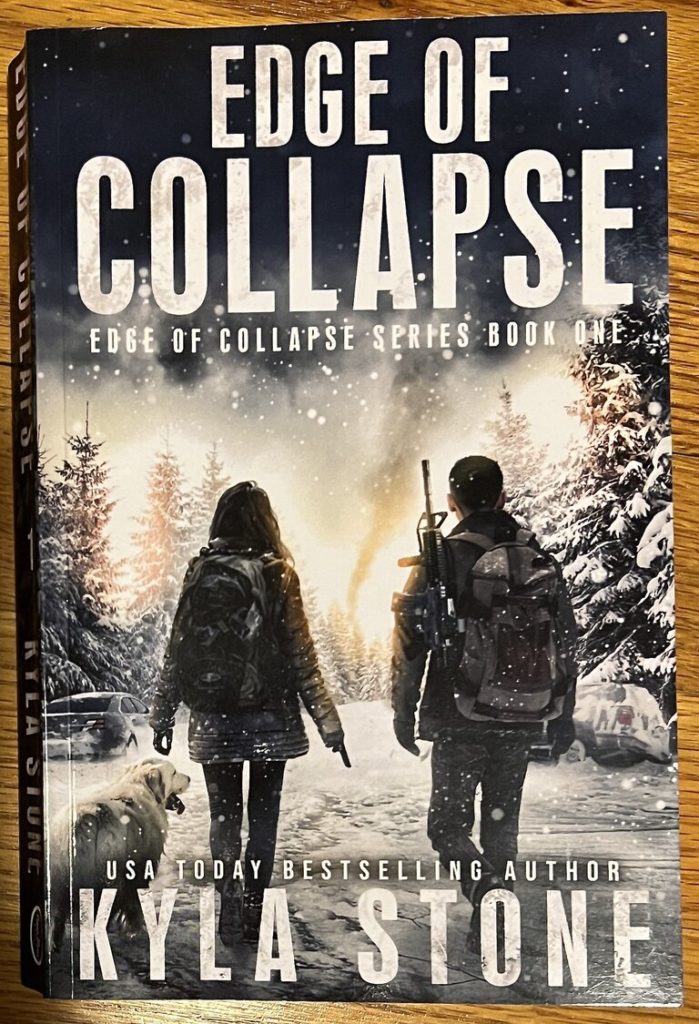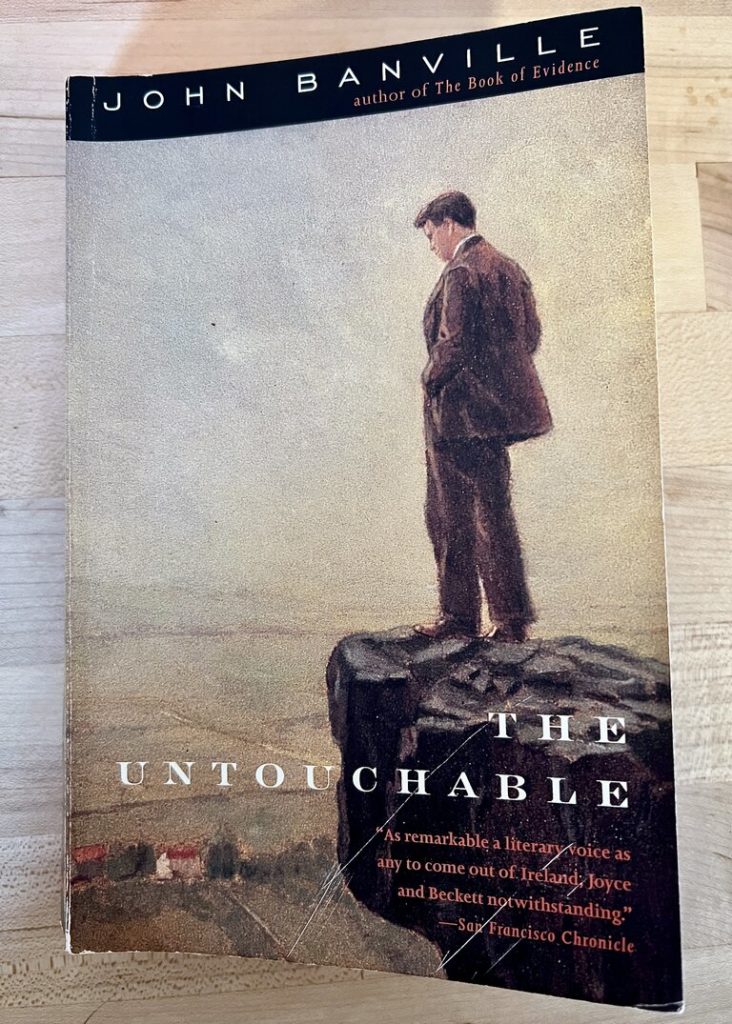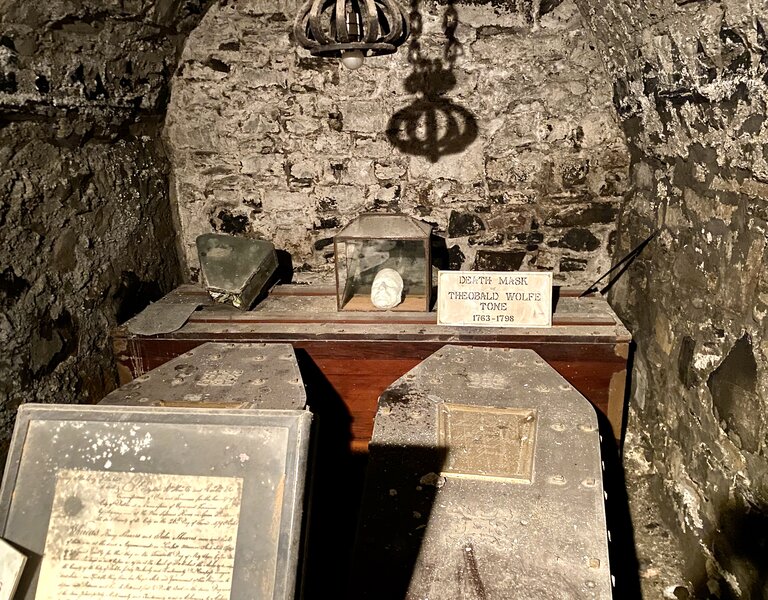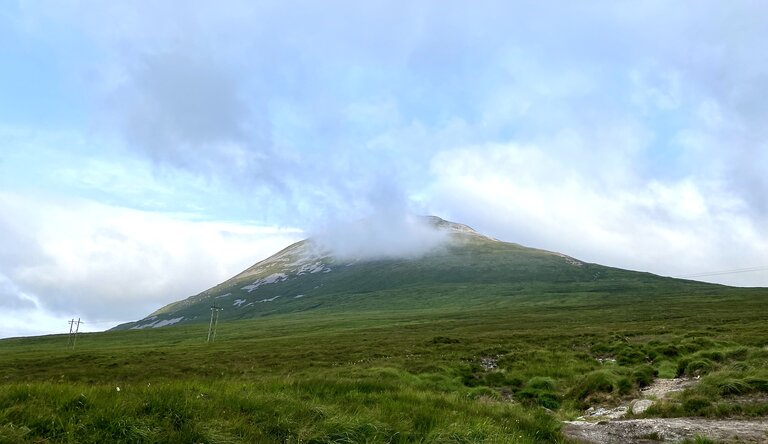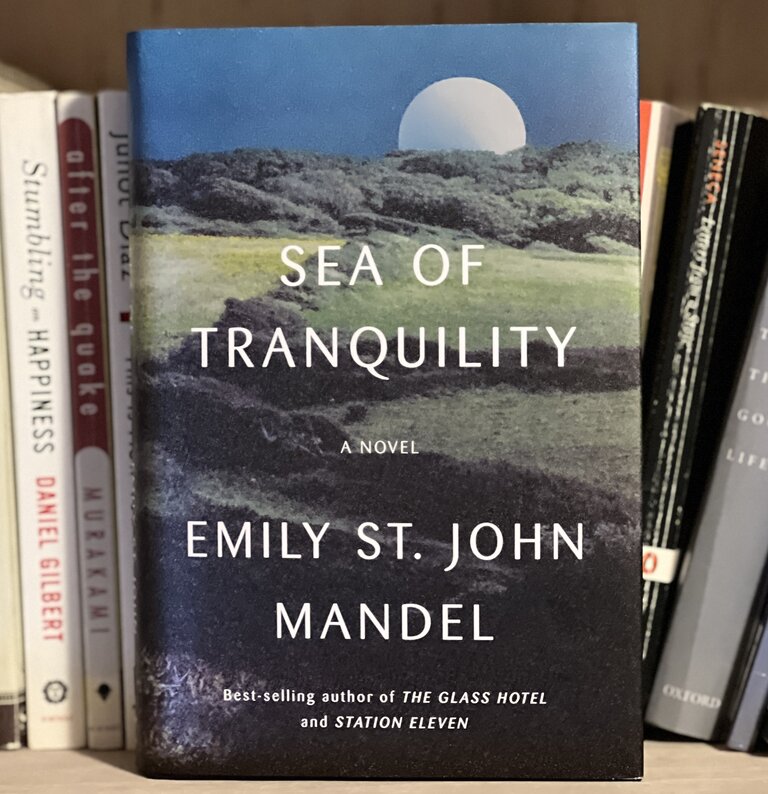
I got turned on to Emily St. Mandel by Tyler Cowen (he did a podcast with her). Her first big novel, Station Eleven, is a great read featuring a raging respiratory pandemic. Apple created a fantastic show on Station Eleven. The Glass Hotel followed Station Eleven (also great).
On the above podcast, Cowen asked Mandel if The Glass Hotel is a follow-up or sequel to Station Eleven. She said no. But Sea of Tranquility is definitely a follow-up to both of its predecessors. The protagonist from The Glass Hotel, Vincent, and the circumstances of her life and death are integral to the plot. And multiple references to pandemics… I couldn’t tell if they were specific to the event in Station Eleven or just a wink and nod.
The story is told by three distinct characters, in different times, ranging from Vancouver in 1912 to a space colony 500 years later. Mandel introduces what seems like a supernatural element (which surprised me, as her earlier novels were very realistic) each character experiences. What we learn minor spoiler alert is our future civilization deduced we are living in a simulation and the simulation (or, more precisely, the machine that runs the simulation) has glitches. But this understanding also enables time travel.
But this isn’t a sci-if story with pages of exposition or characters delivering deep lectures on how time travel works. We get a plausible explanation and react to it along with the characters. Sea of Tranquility is a novel about the characters and their searching, not the world of the simulation. It’s an incredibly interesting way to tell a larger story.
Mandel’ s writing style is deceptively light. Compared to many authors, the writing is easy to consume. She used brief chapters for this book but layers, subtext, and tie-backs make a fun read.
The brief chapters were a departure from her earlier style. This entire book felt different, much more personal. One of the main characters, Olive, is an author on a book tour in 2203 and reflects on hotel rooms, weird fans, publicists, longing for Olive’s husband and child… and the shadow of a pandemic hanging over the tour. I know little about Mandel, but this seemed like she took directly it from her life. It felt a little overplayed and took me out of the story; I kept asking if this was her or her character having these experiences?
I enjoyed Sea of Tranquility. It initially felt like a light read, but Mandel created a deeply layered story and world. I detected shades of David Mitchell; they both write modern stories that are part literature, part plot-driven story. The writers and stories I most admire and would love to emulate.
